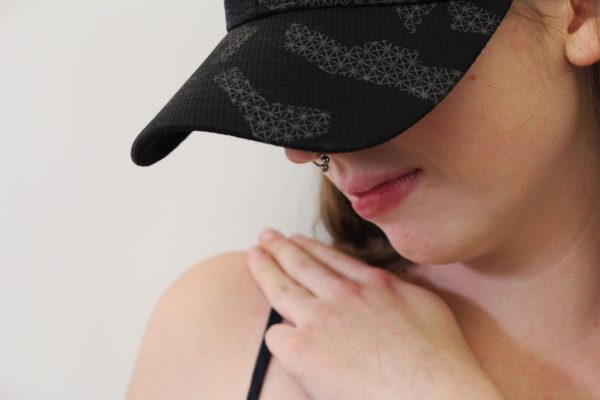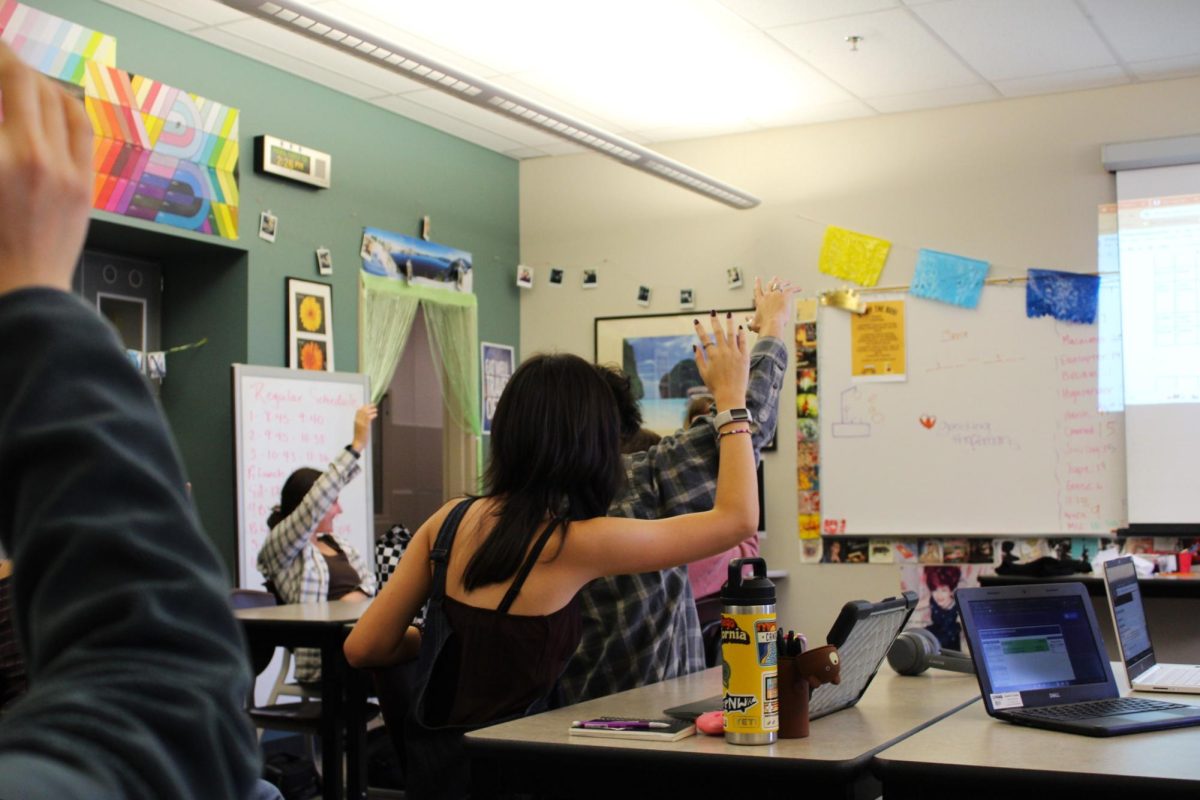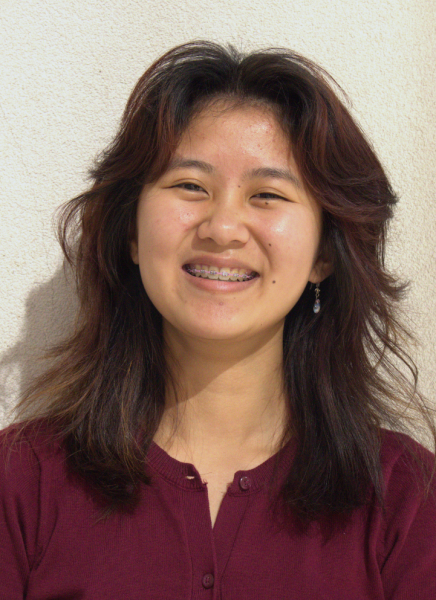With a population of 2,011 students and about 200 staff members, Camas High School (CHS) presents a variety of opinions on what is and should be expected of students. Like every other school, those expectations manifest in rules: rules on dress code, tardiness and profanity.
Kelly O’Rourke, the principal of CHS, believes the key is understanding the context surrounding a transgression.
“When I was a teacher [in Las Vegas] I worked in a very at-risk, urban school that had a lot of gang-affiliated kids. [There were] a lot of really rough kids,” O’Rourke said.
Thus, when her students showed up late or used incredibly profane language, O’Rourke would approach them with more understanding and compassion.
O’Rourke also tries to remember context when dealing with students from different grades. While she expects the older students to demonstrate the maturity derived from their life experience, O’Rourke understands that freshmen, and even sophomores, are still trying to navigate high school and decide who they want to be.

Regardless, O’Rourke believes the dress code is a necessary bare minimum.
“I think there’s a lot of ways that kids can express themselves and still be school-appropriate,” O’Rourke said.
During the years when COVID-19 ran rampant through the halls, masking became the priority, and a dress code was not enforced at all.
Brianna Abraham, a science teacher at CHS, cites an incident in which one of her coworkers complimented a student’s “blouse” that was actually a bra.
Some CHS students believe a no-dress-code policy would be beneficial.
“I think people would choose to wear stuff that is definitely not the most appropriate, but I don’t think it would be that big of a problem. I know people are really mad at the dress code right now because it’s restricting people’s expression of themselves in their clothing,” senior Angelo Luchini said.
Professionalism in a school environment, both in appearance and manner, is often cited as a reason for implementing a dress code. Nevertheless, the average CHS student can be seen wearing sweatpants and a hoodie while still within the dress code.
“It’s not about the dressiness of the dress, it’s about following the expectations of wherever you are,” Abraham said.
She believes the expectation is not necessarily to dress formally but in a way that is broadly acknowledged as socially acceptable. Moreover, Abraham recognizes that what is now considered socially acceptable may not be what previously was.
Carlin Washington, a science teacher at CHS, has similar views on using profanity in a classroom. He recognizes how desensitized high school students have become to cuss words, in short, how socially accepted it is. Thus, he chooses to stay out of that classroom battle unless his students use profanity with derogatory intent.
Mikey Dukleth, a CHS sophomore, echoes the sentiment.
“I think it can be up to the teacher if they’d like to, but I feel like it’s more the student’s choice. In my house, [cuss words] are thrown around so often that as long as it doesn’t get to the point where they’re slurs or offensive to someone else, they’re fine,” Dukleth said. “I feel like it should be up to their parents and themselves [to regulate swearing].”

Teachers also expect their students to arrive to class on time and prepared. As a result, most schools have a tardy policy.
At CHS, the first tardy results in a verbal warning from the teacher. After the fifth, the student will receive an administrative referral and progressive discipline (e.g., after-school detention or Saturday School).
Students like Abrielle Vail try to arrive on time to avoid these consequences.
“Especially since I’m a Running Start student and traffic can get pretty bad, [trying to avoid being tardy or late] caused me to speed maybe a little bit … to get [back to CHS] faster,” Vail said.
However, regardless of CHS’s current rules, they are just as subject to change as the old rules were.
“The thing about education is it’s a people business. You’re dealing with human beings, and any job or situation that is human-being-based is always going to have ups and downs and differences of opinion and philosophies because we’re humans,” O’Rourke said.








































